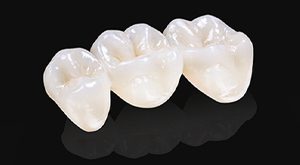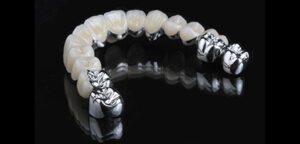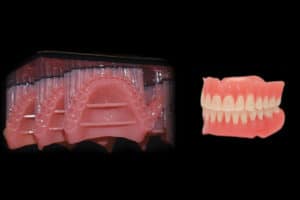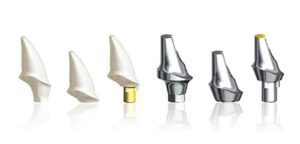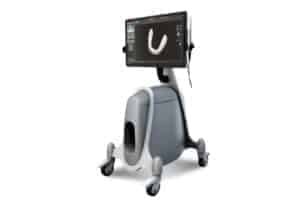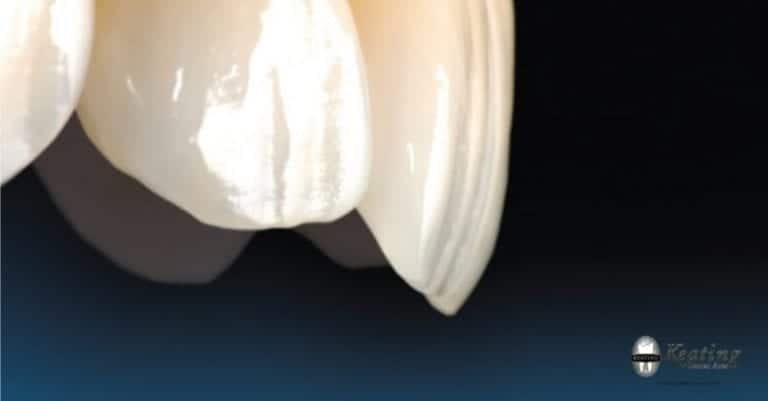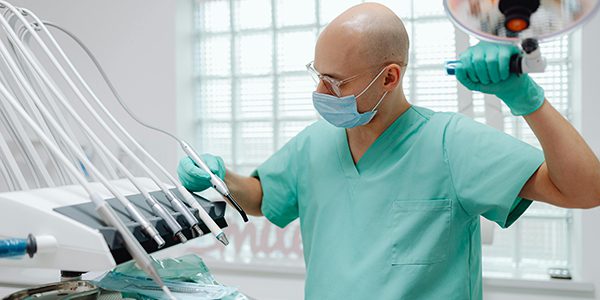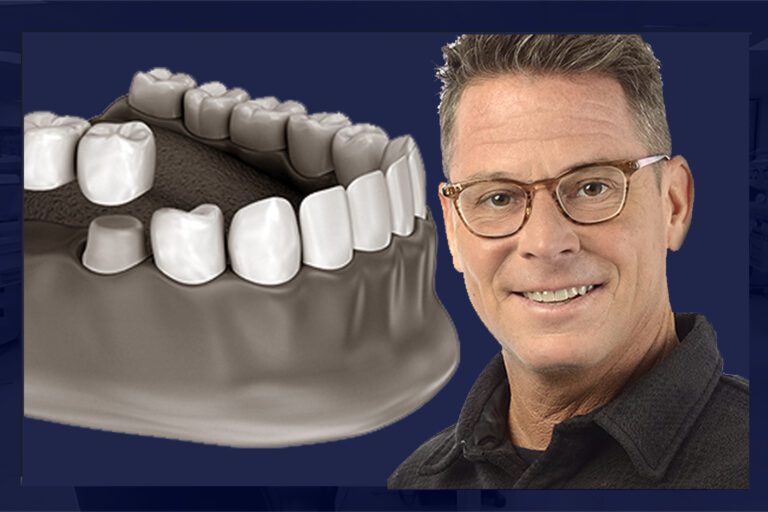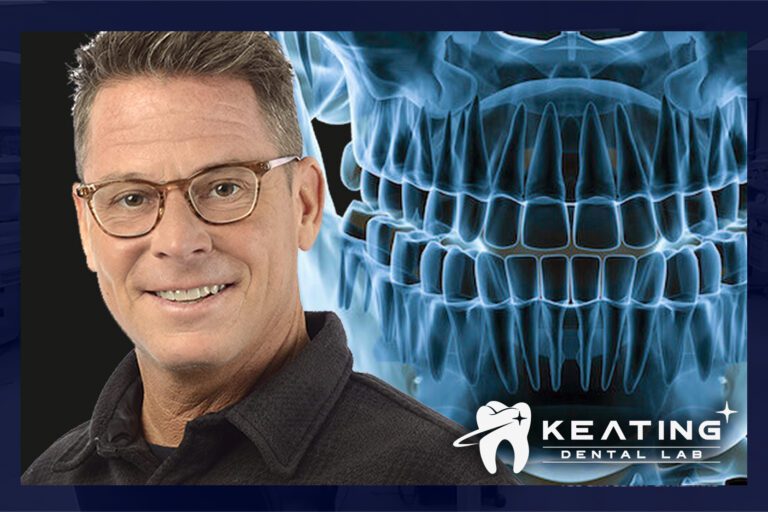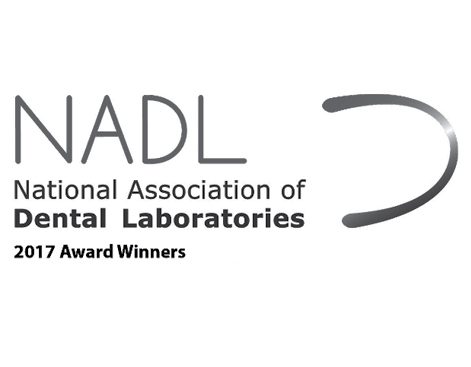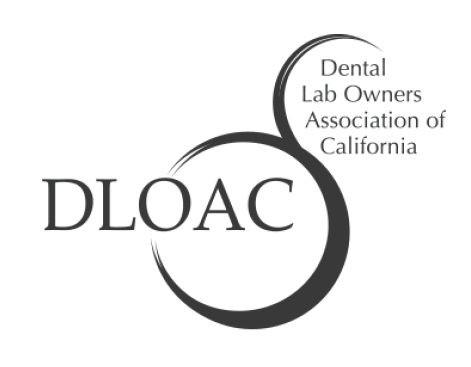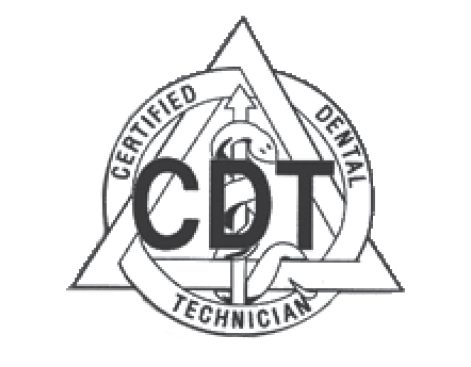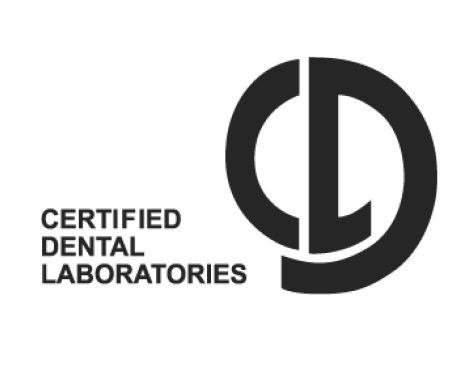Removable prosthodontics, often referred to as dentures, are one of the many ways dentists can help patients improve their oral health.
The goal of this study was to review recent scientific evidence about oral hygiene practices relative to the effectiveness, color, and stability of removable prostheses, and identify patients’ attitudes and habits in regards to denture hygiene. While this study took place in Istanbul, the data is still relevant.
Patient Care for Removable Prosthodontics
Out of the 145 patients tested in this study, all between the ages of 39 and 82, 49% reported that they had not been well informed on how to clean and take care of their prosthodontics.
- 57.6% said brushing their teeth was the most frequent cleaning method used
- 53.1% said they did not take their dentures out at night
- The frequency of the use of cleansing tablets to clean dentures was significantly higher in women than in men
- Denture cleaning was significantly higher among tobacco users than non-tobacco users
- Age and education level showed no significant factor in removable prosthodontics hygiene practices
Using This Study to Improve Patient Education
Taking proper care of removable prosthodontics is extremely important when it comes to plaque control and the longevity of oral health. Surveys show that many patients are not bothered by using dirty dentures, because they were never informed on the importance of cleaning them.
Improper denture care can lead to various oral infections, which is why it is vital for dentists to thoroughly inform patients how to take care of their dentures, and inform them of the harmful effects that can occur without proper cleaning habits and techniques.
Hygiene habits may have a correlation when it comes to gender, but education, age, and patients’ attitudes do not seem to play a significant role in oral health. It can be concluded that the majority of denture wearing patients do not have proper knowledge on the matter.
Both dentists and patients should make hygiene practices in removable prosthodontics a priority in order to minimize the negative effects associated with improper care. Regular check in appointments and periodical instructions may help patients to better understand the benefits of denture hygiene.

